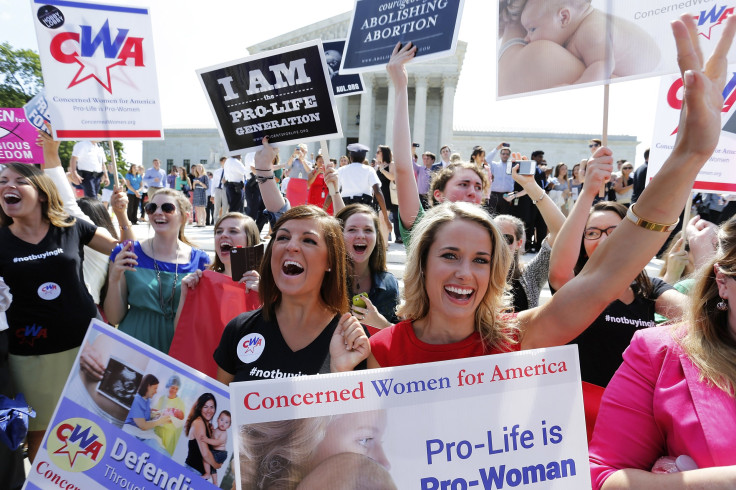
The US Hobby Lobby Stores & Conestoga Wood Specialties Corp has won a decision in the Supreme Court against having to provide birth control for its employees. The "Hobby Lobby" decision, as it has been called, stated that, according to Politico, "for-profit employers with religious objections can opt out of providing contraception coverage under Obamacare." The decision was met with heavy disapproval from pro-choice activists. Here are 4 fast facts about the ruling:
1) Despite what it may seem like, the ruling does not allow all employers the right to refuse to pay for their employees' birth control. The ruling carefully stipulates that only “closely held corporations,” i.e. Hobby Lobby, can refuse birth control on religious grounds. By 'closely held,' the Supreme Court is referring to thos organizations which are controlled by a samll number of people. So, large, public corporations will not have the option to opt out of the Obamacare mandate.
2) According to Fusion, "Hobby Lobby employees may still get free birth control." This is because, under Obamacare, the government can still provide birth control for employees of companies that claim exemption under religious freedom. The ruling is not intended to "make all of their employees lose their existing healthcare plans,” Justice Samuel Alito wrote in the opinion. However, this is still a significant ruling for the Affordable Care Act.
3) This decision does have a considerable impact on the future of Obamacare. As Politico explains, "The majority decision could open the door to other closely held corporations seeking to withhold coverage for other medical procedures at odds with firm religious beliefs." This is the first time that the Supreme Court has granted corporations the ability to declare religious belief as the basis for employee healthcare policy.
4) There are still restrictions as to what a company can and cannot claim. According to the SCOTUS blog, “This decision concerns only the contraceptive mandate and should not be understood to mean that all insurance mandates, that is for blood transfusions or vaccinations, necessarily fail if they conflict with an employer's religious beliefs.” However, LGBT activists have warned that this could be the basis for future discrimination.
© 2025 Latin Times. All rights reserved. Do not reproduce without permission.




